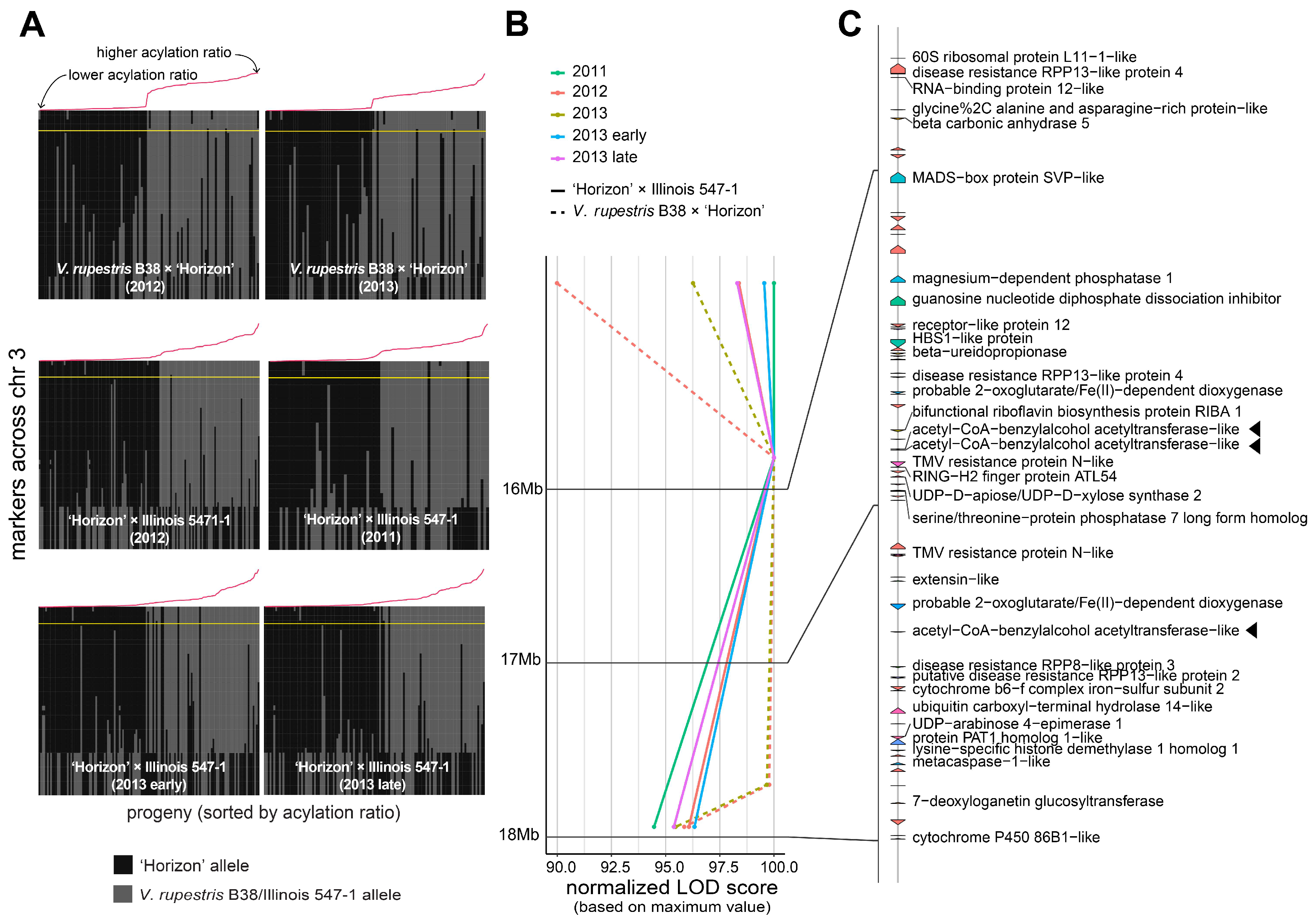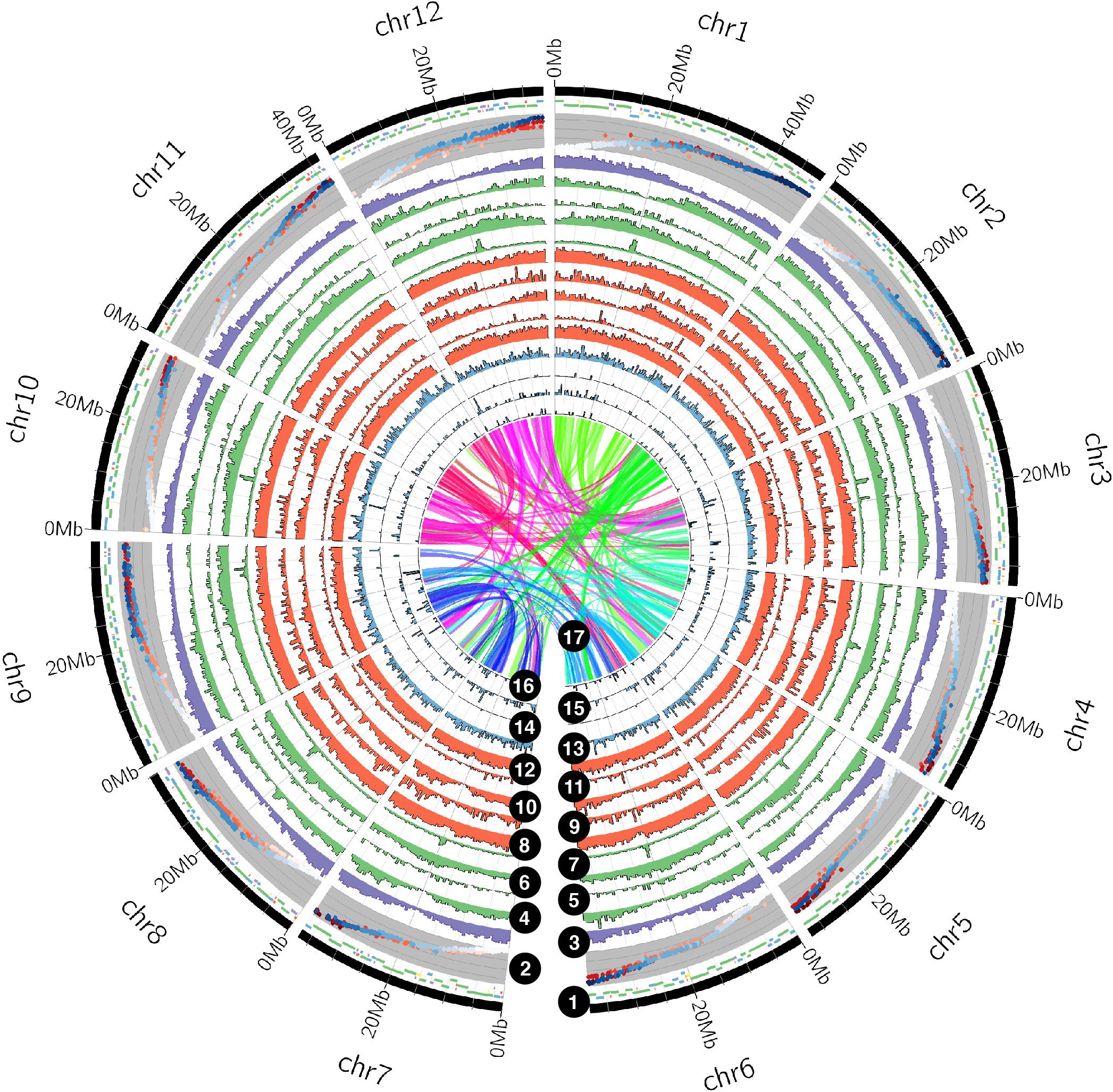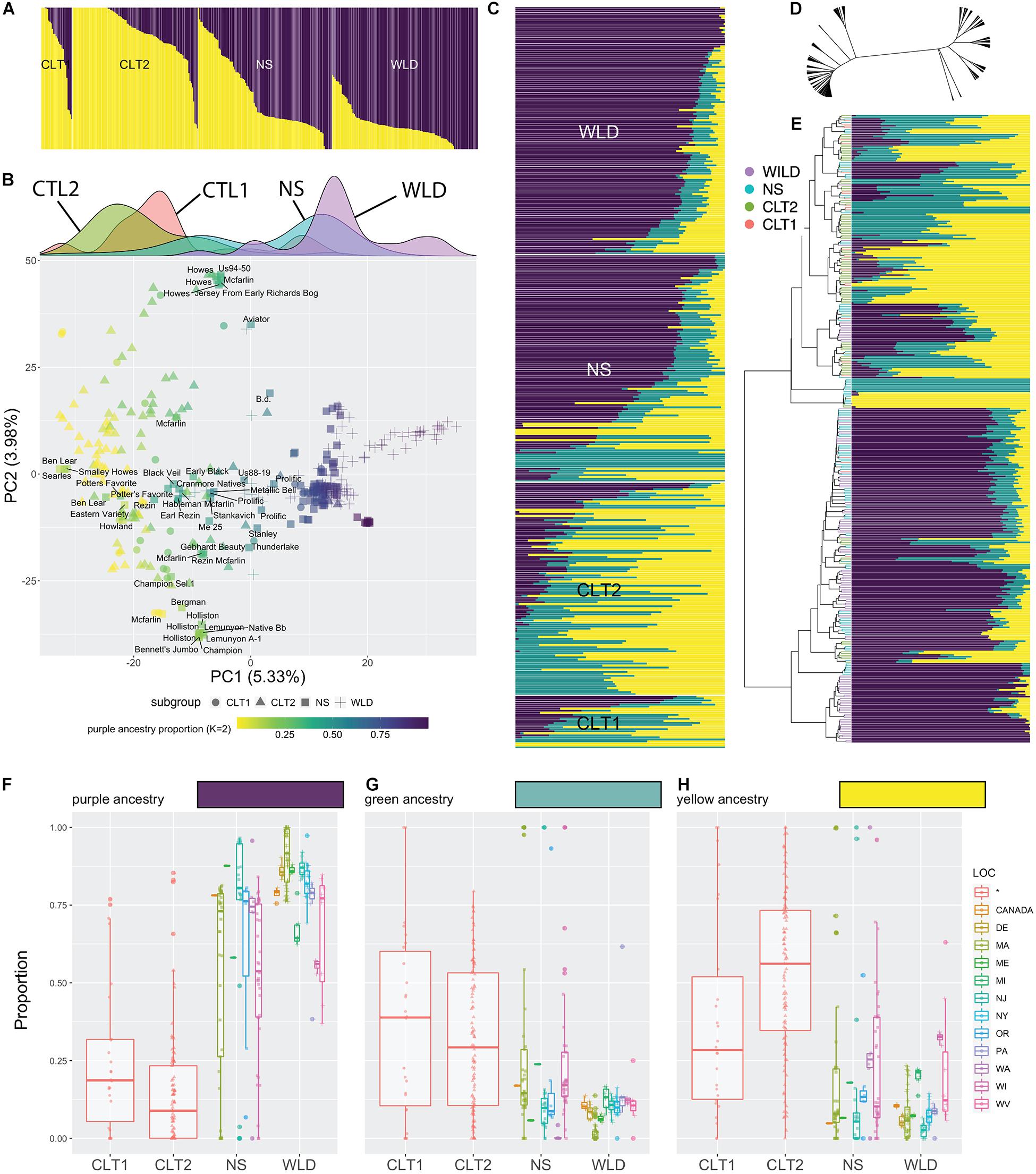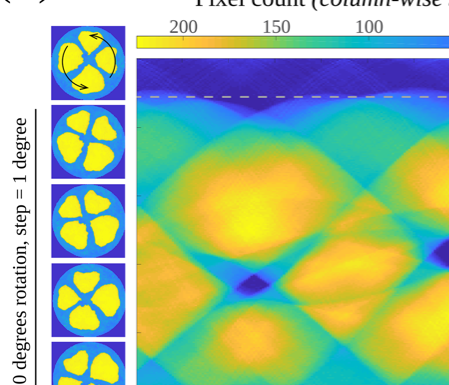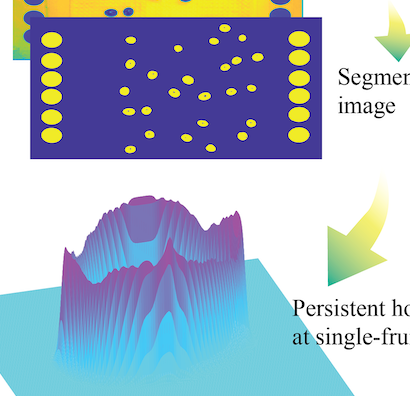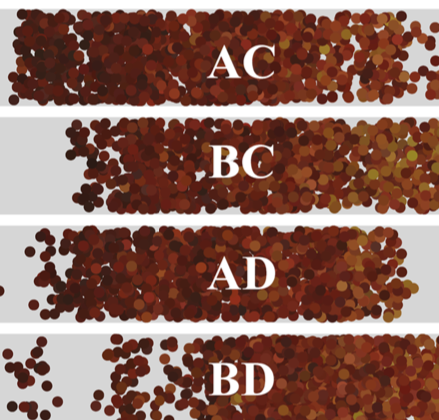Research
history
The UC Davis grapevine breeding program, established in the 1930s by Dr. Harold Olmo, has played a pivotal role in advancing California’s viticulture and wine industry. Dr. Olmo’s pioneering work led to the development of over 30 new grape varieties, including the notable Rubired, a teinturier variety bred in 1958 for high yields in hot climates, primarily used to enhance the color of red wines. His clonal selection efforts were instrumental in transforming Chardonnay from a relatively minor variety into California’s most widely planted white wine grape, now covering nearly 100,000 acres. Additionally, he established California’s first grapevine quarantine facility at UC Davis in the 1950s, enabling the safe importation of foreign vines and ensuring the distribution of disease-free plant material within the state. Over three decades later, Dr. Andrew Walker succeeded Dr. Olmo as the UC Davis grapevine breeder. Since joining the Department of Viticulture and Enology in 1989, Dr. Walker focused on developing grape varieties and rootstocks with enhanced resistance to diseases and pests, such as Pierce’s disease and powdery mildew. His research led to the release of five new wine grape varieties highly resistant to Pierce’s disease, offering sustainable solutions for growers in affected regions. Additionally, Dr. Walker developed the GRN series, a group of rootstocks with varying parentage highly resistant to nematodes such as root-knot, dagger, lesion, and ring nematodes. He was also instrumental in the collection, conservation, and promotion of wild Vitis germplasm. For over two decades, Dr. Walker and his lab assembled an extensive collection of wild Vitis accessions from across the U.S., with a strong emphasis on the Southwest. This genetic reservoir has been instrumental in advancing the UC Davis grape breeding program, providing valuable traits for disease resistance, environmental adaptation, and improved vineyard performance. His work enabled the identification and incorporation of key adaptive traits, including resistance to Pierce’s disease and powdery mildew, as well as tolerance to salinity and drought. Additionally, this collection has contributed to foundational research on the genetic mechanisms underlying these traits and to phylogenetic studies of the Vitis genus. Following Dr. Walker’s retirement in 2020, Dr. Luis Diaz-Garcia was appointed as the new UC Davis grapevine breeder. His research focuses on developing new wine grape and rootstock cultivars with enhanced fruit quality, disease resistance, and improved adaptation to California’s diverse growing conditions.
current efforts
Currently, Dr. Diaz-Garcia’s program is further evaluating and refining Pierce’s disease- and powdery mildew-resistant wine grapes that were identified as candidates for release by Dr. Walker. These new selections, like the recently released Walker PD-resistant varieties (Camminare Noir, Ambulo Blanc, etc.), are at least 97% V. vinifera, offering high-quality grapes with strong, durable resistance to powdery mildew due to multiple resistance genes. In addition to the well-established Pierce’s disease and new powdery mildew resistances, ongoing breeding efforts aim to further enhance wine quality by increasing the V. vinifera proportion, diversifying wine profiles, and combining other multiple adaptive traits.
Another major focus of Dr. Diaz-Garcia’s lab is the development of rootstocks that can withstand drought and soil stressors such as salinity, boron, and nematodes. North America is home to more than 30 Vitis species, yet most commercially available rootstocks originate from only three species: V. rupestris, V. berlandieri, and V. riparia. Many underutilized Vitis species harbor exceptional genetic diversity that could help address the increasing challenges posed by extreme climate, soil degradation, and emerging pests and diseases. Since many of these traits are controlled by multiple genes (polygenic), combining them into new, superior rootstock materials requires innovative breeding strategies—a primary goal of Dr. Diaz-Garcia’s program.
Historically, grape breeding has focused on introducing single-gene traits such as Muscat flavor, berry pigmentation, and Pierce’s disease resistance. While marker-assisted selection has accelerated the integration of these traits into new cultivars, breeding for quantitative traits like drought tolerance is far more complex, requiring the accumulation of many small-effect alleles across multiple generations. The long reproductive cycle of Vitis—typically three years from seed to seed—further slows genetic gains. By broadening the genetic base of rootstocks and leveraging modern breeding technologies, the rapid development of resilient, high-performing germplasm is now possible. While improved vineyard management practices may mitigate short-term climate change challenges, long-term solutions will rely heavily on genetic improvement.
To accelerate breeding for climate resilience, the Diaz-Garcia lab is developing high-throughput screening methods based on AI-powered computer vision, robotics, proximal sensing, and genomics to evaluate drought tolerance, salinity tolerance, and boron exclusion in rootstock germplasm. These multidisciplinary approaches integrate advances in plant physiology, genomics, and data science to improve the efficiency of breeding programs.
Collaboration is a key component of Dr. Diaz-Garcia’s research. His lab consists of postdoctoral researchers, scientists, staff, undergraduate and graduate students with expertise in plant genetics, grapevinevine physiology, physics, and machine learning. Additionally, his lab works closely with faculty in the Department of Viticulture and Enology, including Dr. Dario Cantu on genomic prediction and high-quality genomic datasets, and Drs. Megan Bartlett and Andrew McElrone on high-throughput phenotyping for drought tolerance in rootstock germplasm.
By integrating cutting-edge breeding technologies and expanding the genetic diversity of cultivated grapes, the UC Davis grapevine breeding program continues to develop the next generation of wine grape and rootstock cultivars, ensuring a more sustainable and resilient future for the viticulture industry.
Below, you can find a list of publications from the program. For the complete list of publications, we invite you to check our Google Scholar profile.


